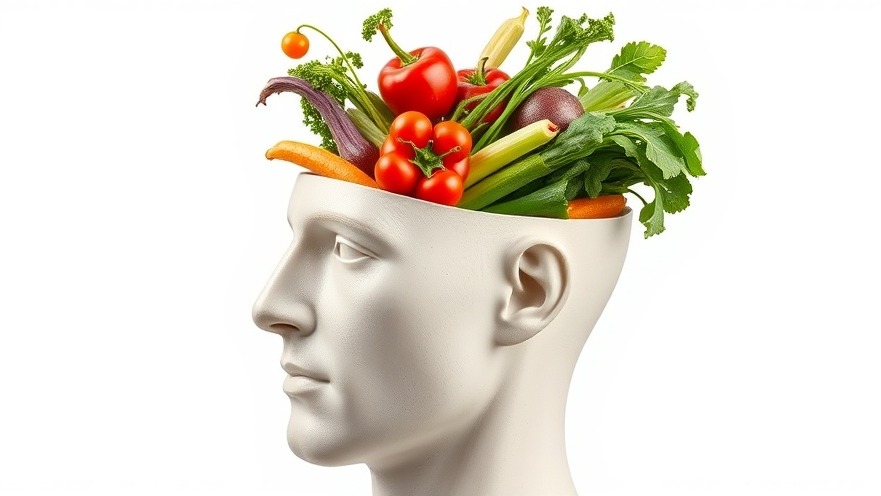
Understanding Brain Nutrition
Your brain is the most complex and vital organ in your body, responsible for everything from basic functions to intricate thought processes. Just as a high-performance engine requires premium fuel, your brain demands specific nutrients to maintain optimal function and protect against cognitive decline.
The Science Behind Brain-Boosting Foods
Recent research has highlighted the profound impact of nutrition on brain health. A 2019 study published in Public Health Nutrition revealed that foods rich in specific nutrients can significantly improve memory, concentration, and overall cognitive function. The MIND diet, a strategic combination of the Mediterranean and DASH diets, offers a blueprint for brain-protective nutrition.
Your Comprehensive Brain-Boosting Meal Plan
Breakfast: Cognitive Kickstart
-
Brain-Powered Omelet
2-3 eggs (rich in choline for brain cell communication)
Handful of spinach (packed with vitamin K and beta carotene)
Sprinkle of walnuts (provides essential omega-3 fatty acids)
Side of blueberries (boosts concentration and protects against cognitive decline)
Mid-Morning Snack
-
Walnut and Blueberry Smoothie
Blend walnuts, blueberries, and a splash of milk
Provides antioxidants and essential fatty acids
Lunch: Cognitive Clarity Bowl
Grilled salmon (omega-3 fatty acids)
Kale salad with a variety of colorful vegetables
Sprinkle of additional walnuts
Dressing made with olive oil (additional brain-healthy fats)
Afternoon Snack
Greek yogurt topped with blueberries and a small handful of walnuts
Provides protein and brain-boosting nutrients
Dinner: Lamb and Leafy Green Powerhouse
Herb-crusted lamb (linked to improved long-term cognition)
Sautéed spinach with garlic
Roasted vegetables
Side salad with mixed leafy greens
Evening Relaxation
Herbal tea
Small serving of dark chocolate (optional antioxidant boost)
Key Nutritional Strategies
Diverse Nutrient Intake: Incorporate a variety of brain-healthy foods to ensure comprehensive nutritional support.
Omega-3 Focus: Prioritize foods rich in omega-3 fatty acids like salmon and walnuts.
Antioxidant Protection: Include berries, leafy greens, and nuts to combat oxidative stress.
Consistent Consumption: Regular intake is key to long-term cognitive health.
Potential Cognitive Benefits
By following this meal plan, you may experience:
Improved memory and concentration
Enhanced brain cell communication
Reduced inflammation
Potential reduction in risk of age-related cognitive decline
Better overall brain health and function
Personalization and Flexibility
While this meal plan provides a robust framework, it's essential to:
Consult with a healthcare professional
Adapt the plan to your individual dietary needs and preferences
Consider any food allergies or restrictions
Maintain hydration and regular exercise
Conclusion
Nutrition is a powerful tool in maintaining cognitive health. By making intentional food choices, you can support your brain's function, protect against age-related decline, and potentially reduce the risk of neurodegenerative diseases.
Remember, your brain is worth investing in—one nutrient-rich meal at a time.
 Add Row
Add Row  Add
Add 




Write A Comment